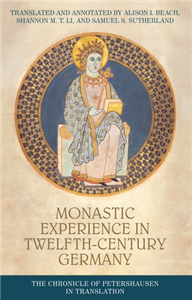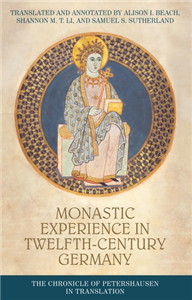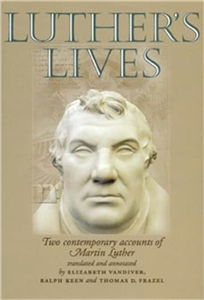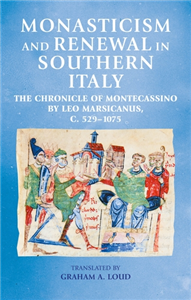Luther's lives
Two contemporary accounts of Martin Luther
by Elizabeth Vandiver, Ralph Keen, Thomas D. Frazel
This volume brings together two important contemporary accounts of the life of Martin Luther in a confrontation that had been postponed for more than four hundred and fifty years. The first of these is written after Luther's death, when it was rumoured that demons had seized the Reformer on his deathbed and dragged him off to Hell. In response to these rumours, Luther's friend and colleague, Philip Melanchthon wrote and published a brief encomium of the Reformer in 1548. A completely new translation of this text appears in this book. It was in response to Melanchthon's work that Johannes Cochlaeus completed and published his own monumental life of Luther in 1549, which is translated and made available in English for the first time in this volume. Such is the detail and importance of Cochlaeus's life of Luther that for an eyewitness account of the Reformation - and the beginnings of the Catholic Counter-Reformation - there is simply no other historical document to compare.
















